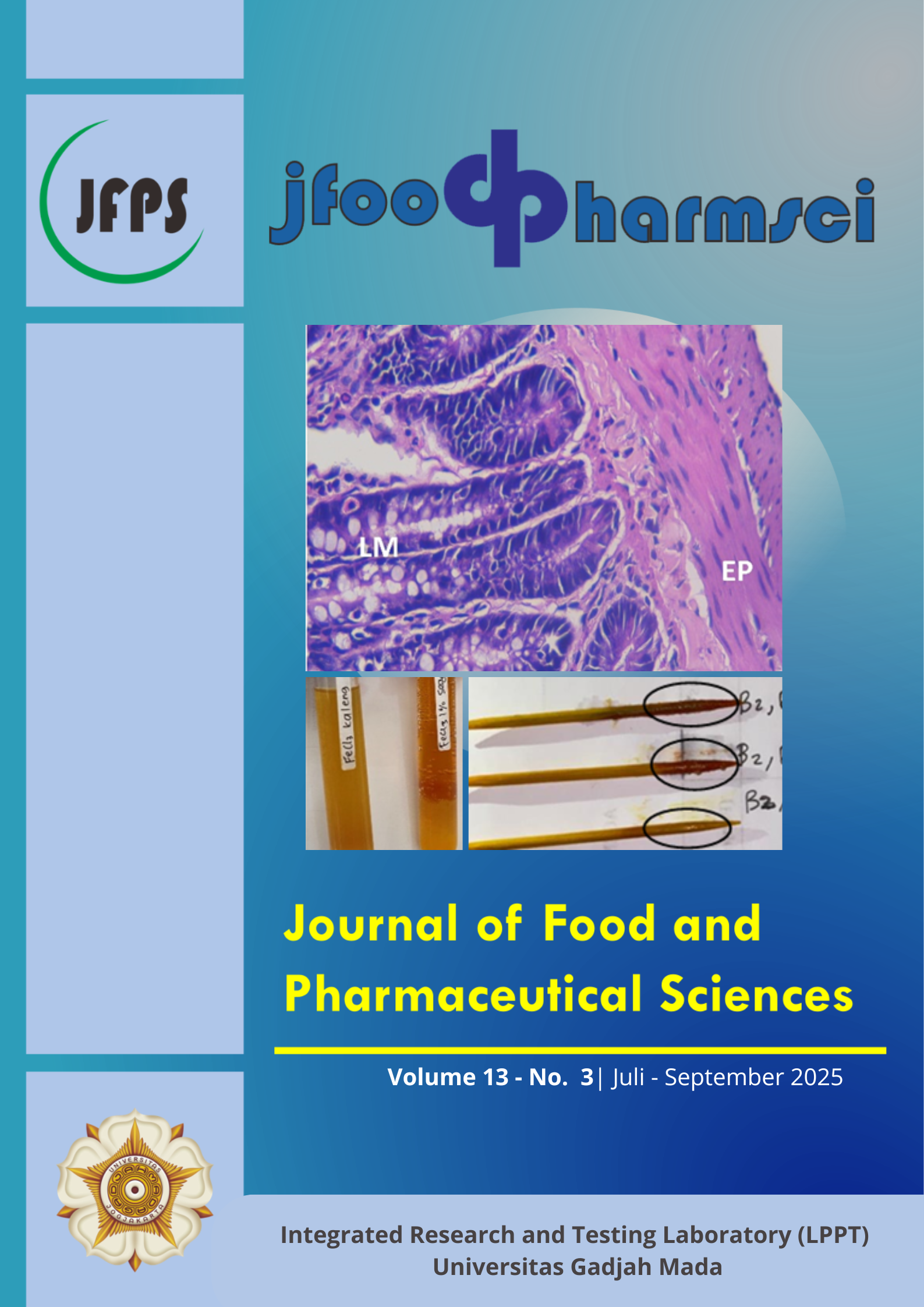The Role of Lactiplantibacillus plantarum in Modulating the Gut-Skin Axis: A Comprehensive Review on Its Potential in Managing Atopic Dermatitis
Abstract
Atopic Dermatitis (AD) is a chronic inflammatory skin condition marked by impaired skin barrier function, immune system irregularities, and microbial imbalance. This research examines the efficacy of Lactiplantibacillus plantarum, a probiotic recognized for its established safety and advantageous characteristics, in the management of atopic dermatitis (AD). The pathophysiology of AD encompasses genetic, environmental, and immunological components, with dysbiosis of skin and gut microbiota being essential. L. plantarum has shown beneficial effects in controlling gut and skin microbiota, improving skin barrier integrity, and modulating immunological responses via processes including short-chain fatty acid (SCFA) synthesis, cytokine regulation, and competitive exclusion of pathogens. Clinical investigations demonstrate that L. plantarum supplementation can diminish the severity of atopic dermatitis, as assessed by the SCORAD index, and enhance skin barrier integrity. The effectiveness of probiotic therapy may be affected by genetic, nutritional, and environmental variables. This review emphasizes the promise of L. plantarum as a therapeutic agent for AD, while also discussing the limitations and future possibilities for probiotic-based therapies in managing this intricate condition.














